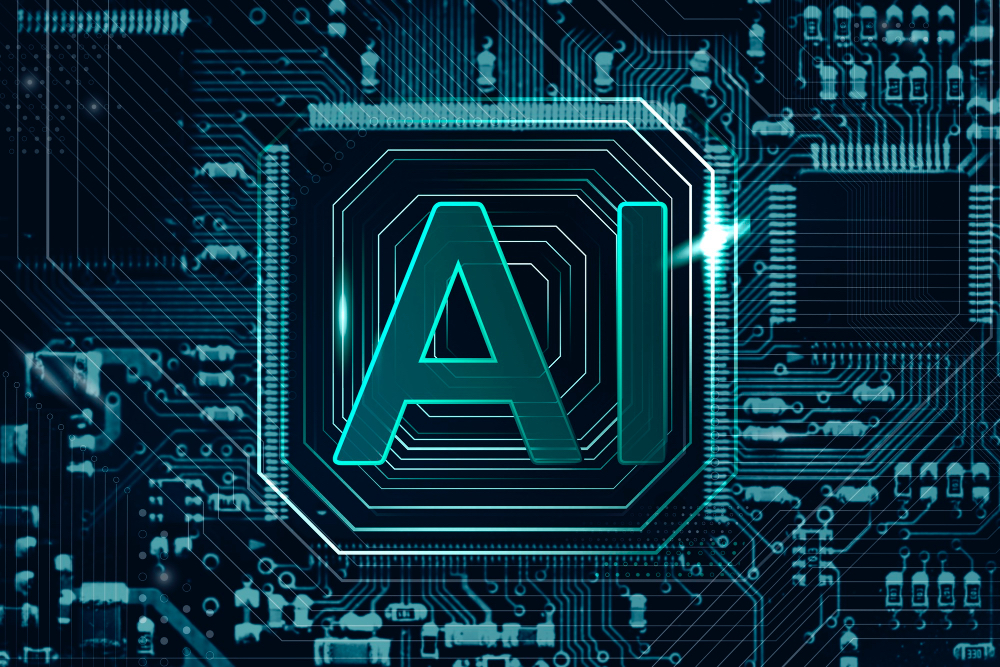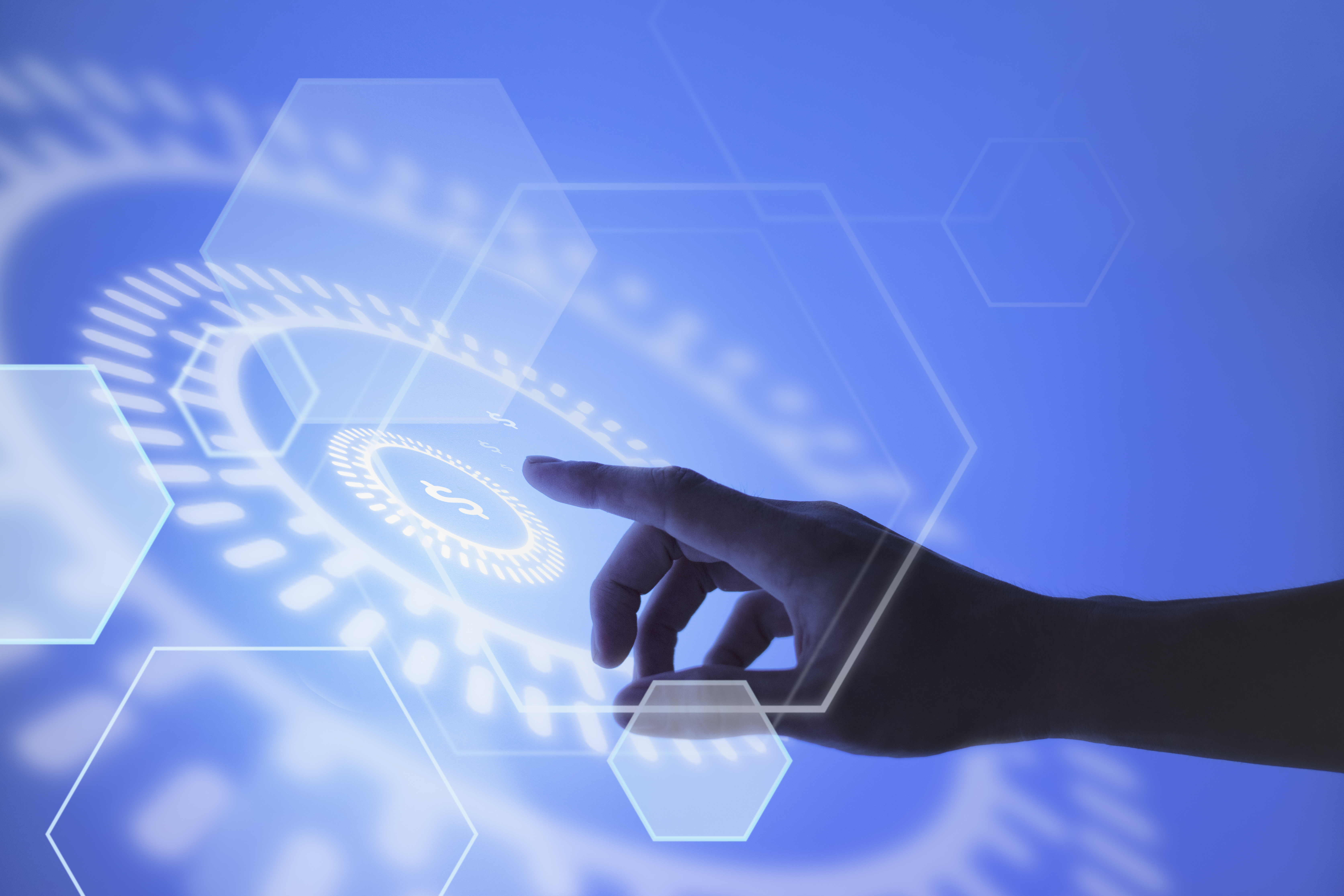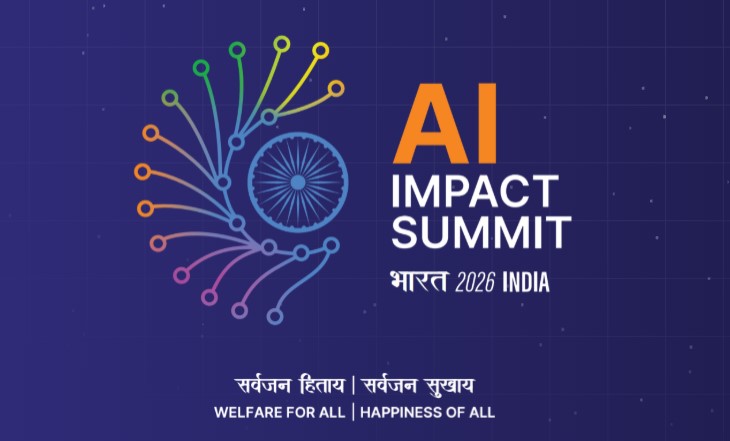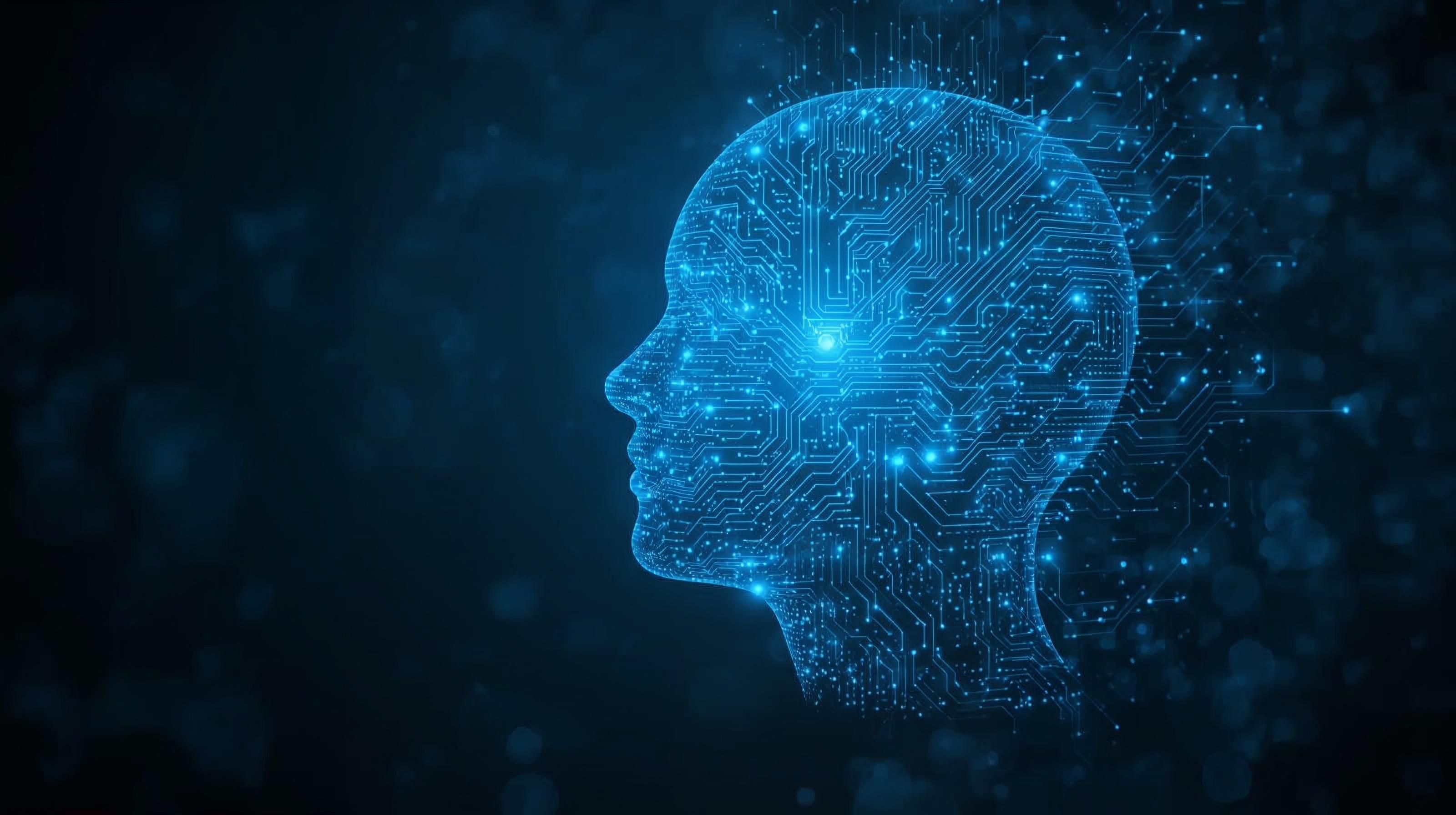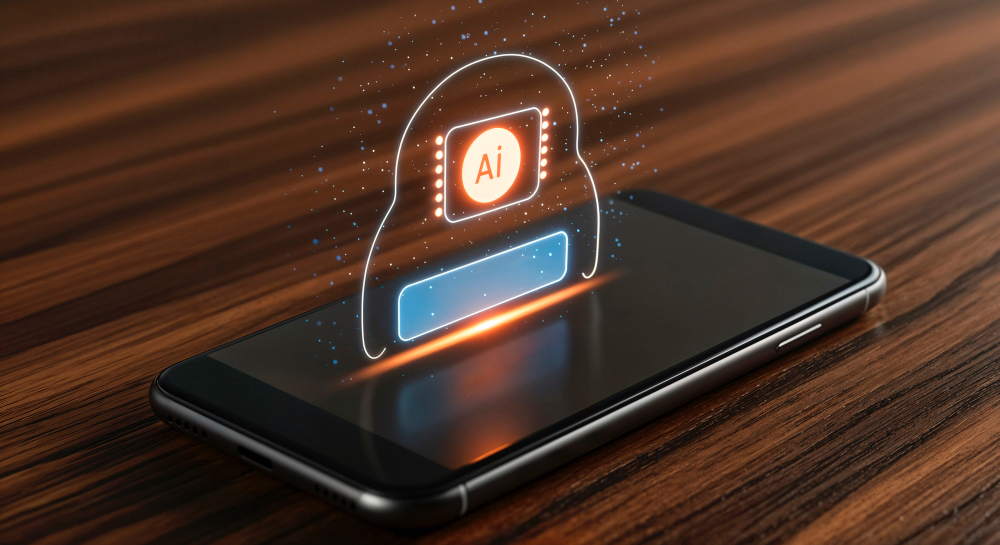AI continues to generate expectations of broad economic transformation, particularly in productivity and employment. However, the extent of measurable economy-wide gains remains uncertain, and the overall impact of AI on business performance is still being assessed.
An extensive survey conducted by the National Bureau of Economic Research (NBER) found that while around 70% of firms across the US, UK, Germany, and Australia report using AI, nearly 9 in 10 companies have seen no significant effect on productivity or employment over the past 3 years. The findings suggest a gap between adoption rates and tangible outcomes.
Current enterprise use of AI remains concentrated in specific functions, including text generation with large language models, visual content creation, and data processing. Although previous studies have identified productivity gains in targeted areas such as customer support and writing tasks, these improvements have not yet translated into broad organisational performance increases.
Despite limited results to date, business leaders expect AI to deliver modest productivity gains in the coming years. The survey highlights a divergence in expectations, with senior executives anticipating slight reductions in employment, while employees foresee small job growth linked to AI adoption.
At the same time, some technology leaders predict more immediate disruption. Microsoft AI leader has argued that AI could soon reach human-level performance in many professional tasks, potentially reshaping white-collar work within the next few years.
The survey also indicates limited engagement with AI tools among top executives, with many reporting minimal or no direct use of them. This suggests that while AI investment is widespread, its integration into day-to-day leadership practices remains uneven.
Would you like to learn more about AI, tech and digital diplomacy? If so, ask our Diplo chatbot!

